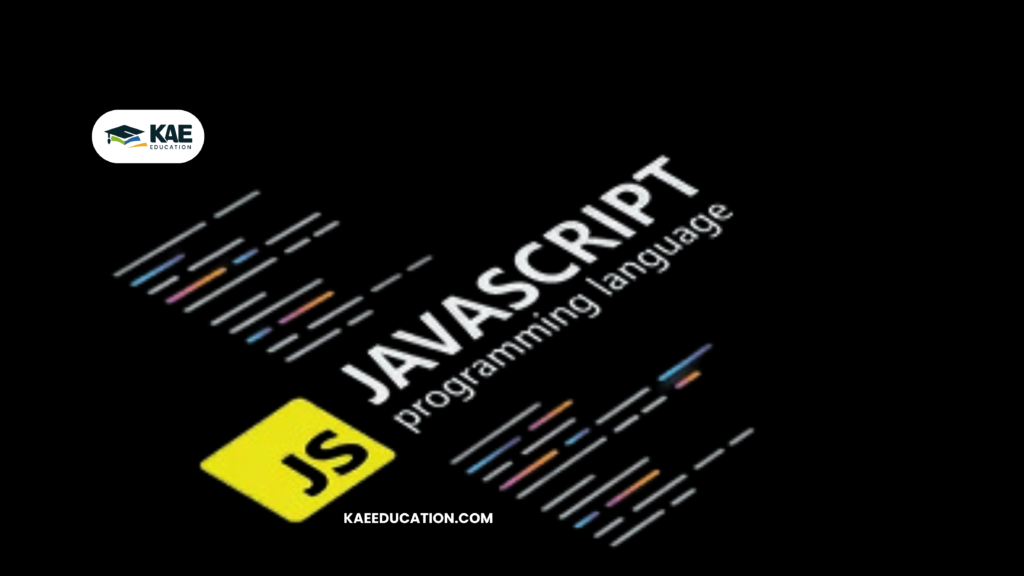Can JavaScript Dominate AI and IoT Integration for the Future?
In the evolving landscape of technology, JavaScript continues to prove its versatility and relevance. Traditionally known as the language of the web, it is now expanding into realms like Artificial intelligence (AI) and the Internet of Things (IoT). But can JavaScript truly dominate these fields and become the backbone of future innovation? Let’s explore its potential in 2024 and 2025.
Node.js’s Role in AI and IoT Integration
(1) The Versatility of JavaScript
JavaScript’s ability to run both on the client-side and server-side (thanks to Node.js) gives it a unique edge in AI and IoT.
(i) In AI, frameworks like TensorFlow.js make it possible to create Machine learning models that run directly in the browser.
(ii) ECMAScript frameworks such as Johnny-Five enable developers to easily manage devices in the Internet of Things.
(2) Real-Time Applications
ECMAScript is ideal for real-time data processing, which is critical in both AI and IoT:
(i) AI: Real-time sentiment analysis and image recognition systems.
(ii) IoT: Real-time sensor data management for smart homes and cities.
(3) Cross-Platform Compatibility
Node.js’s ability to work across different platforms ensures smooth integration between devices and systems, a key factor in IoT ecosystems.
Why ECMAScript is Poised for Future Growth
(1) Rapid Framework Development: Libraries like TensorFlow.js, Brain.js, and Johnny-Five are making complex technologies accessible to JavaScript developers.
(2) Community Support: ECMAScript has one of the largest developer communities, ensuring constant innovation and problem-solving.
(3) Ease of Learning: As a beginner-friendly language, ECMAScript is lowering barriers for entry into AI and IoT development.

Challenges JavaScript Faces in AI and IoT
While JavaScript is evolving, it faces certain limitations:
(1) Performance Constraints: Compared to languages like Python or C++, ECMAScript might lag in processing heavy AI algorithms.
(2) Hardware Interfacing: Although libraries exist, other languages like C are traditionally more robust for direct hardware interaction.
However, advancements in tools and frameworks are quickly bridging these gaps.
The Future of Node.js in AI and IoT (2024-2025)
(1) Enhanced Libraries: Expect more powerful and efficient libraries for Machine learning and IoT device control.
(2) Expanded Use Cases: From smart city management to autonomous systems, Node.js’s versatility will find more applications.
(3) Increased Demand: As Businesses adopt AI-driven web apps and IoT ecosystems, ECMAScript developers will see growing opportunities.
Conclusion: Node.js’s Growing Influence
JavaScript’s evolution from a web scripting language to a tool for AI and IoT integration highlights its adaptability and power. With advancements in frameworks and its growing application in smart devices and AI-powered systems, ECMAScript is set to play a crucial role in shaping the future of technology in 2024-2025. While it might not replace specialized languages in certain areas, its versatility and accessibility ensure its place as a leading technology.
FAQs About JavaScript’s Role in AI and IoT
Not entirely. While JavaScript can handle basic AI tasks, Python remains the preferred choice for heavy computations due to its extensive libraries.
Node.js , with libraries like Johnny-Five, helps in programming IoT devices, enabling communication between hardware and software.
For lighter tasks and real-time applications, yes. However, for heavy processing, other languages might be more suitable.
Node.js allows JavaScript to run on servers, making it ideal for managing IoT device data and enabling real-time communication.
Industries like Healthcare, Manufacturing, and smart home automation leverage JavaScript for efficient IoT solutions.
Yes, frameworks like TensorFlow.js and Brain.js allow developers to create AI models directly in JavaScript.
Absolutely. Its adaptability, growing frameworks, and community support ensure Node.js’s relevance in these fields.

